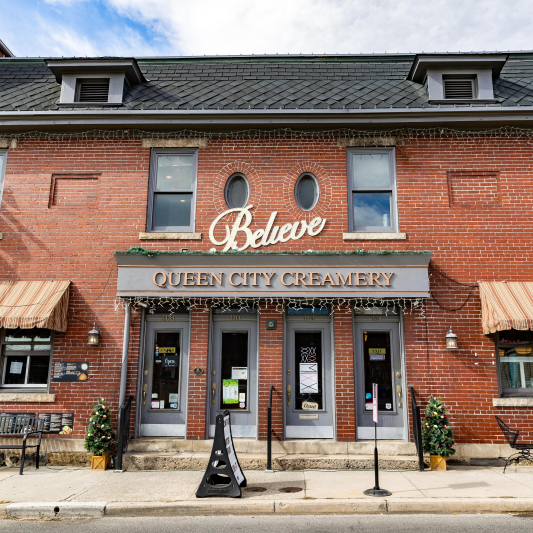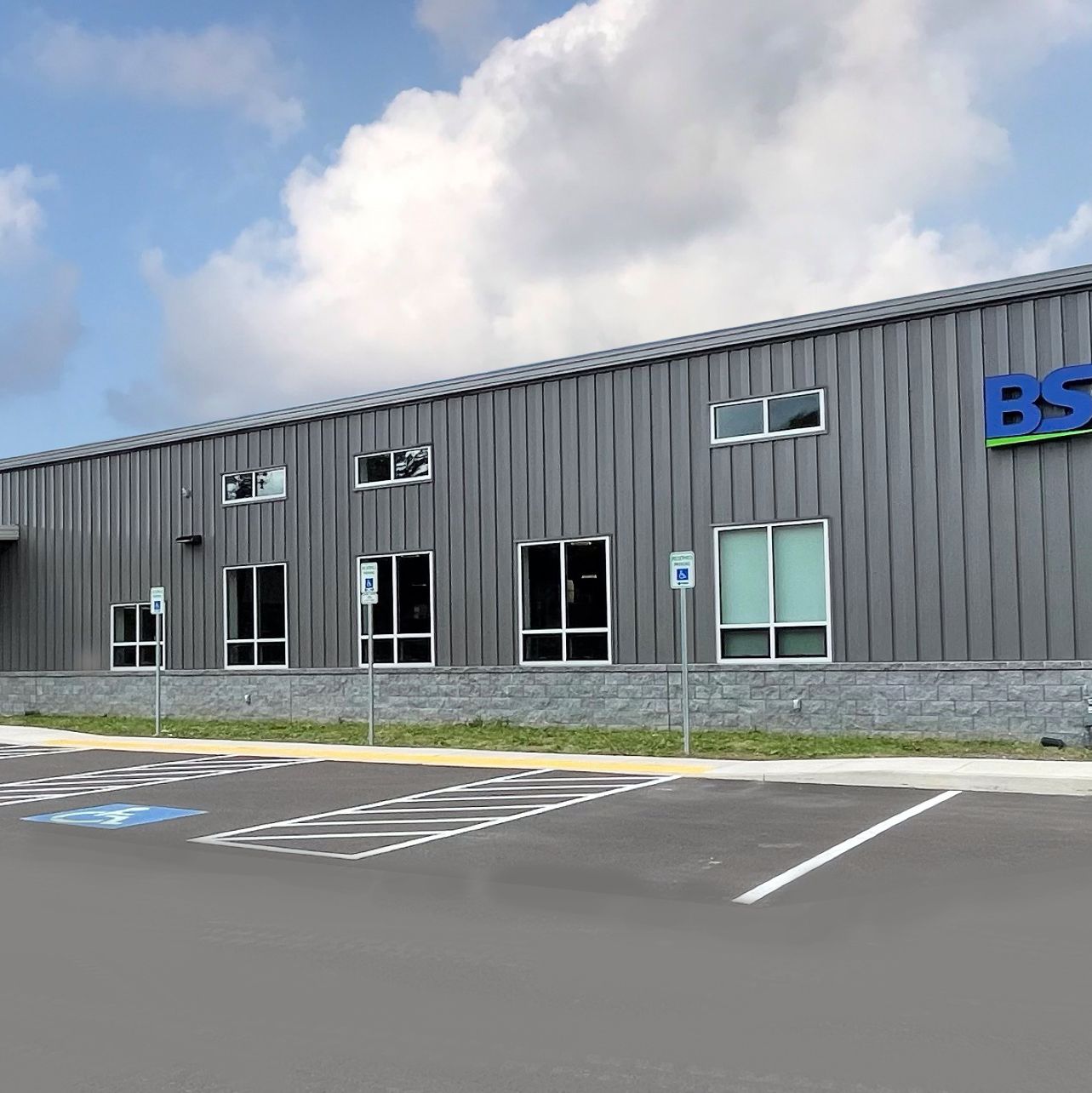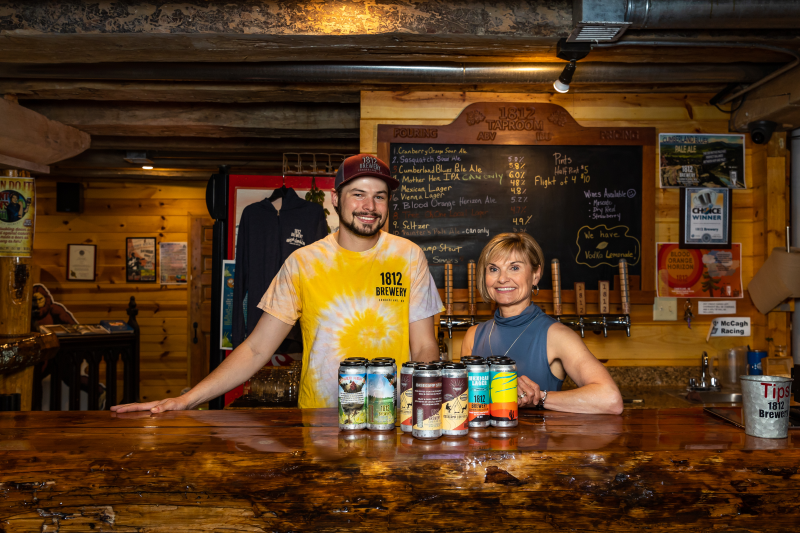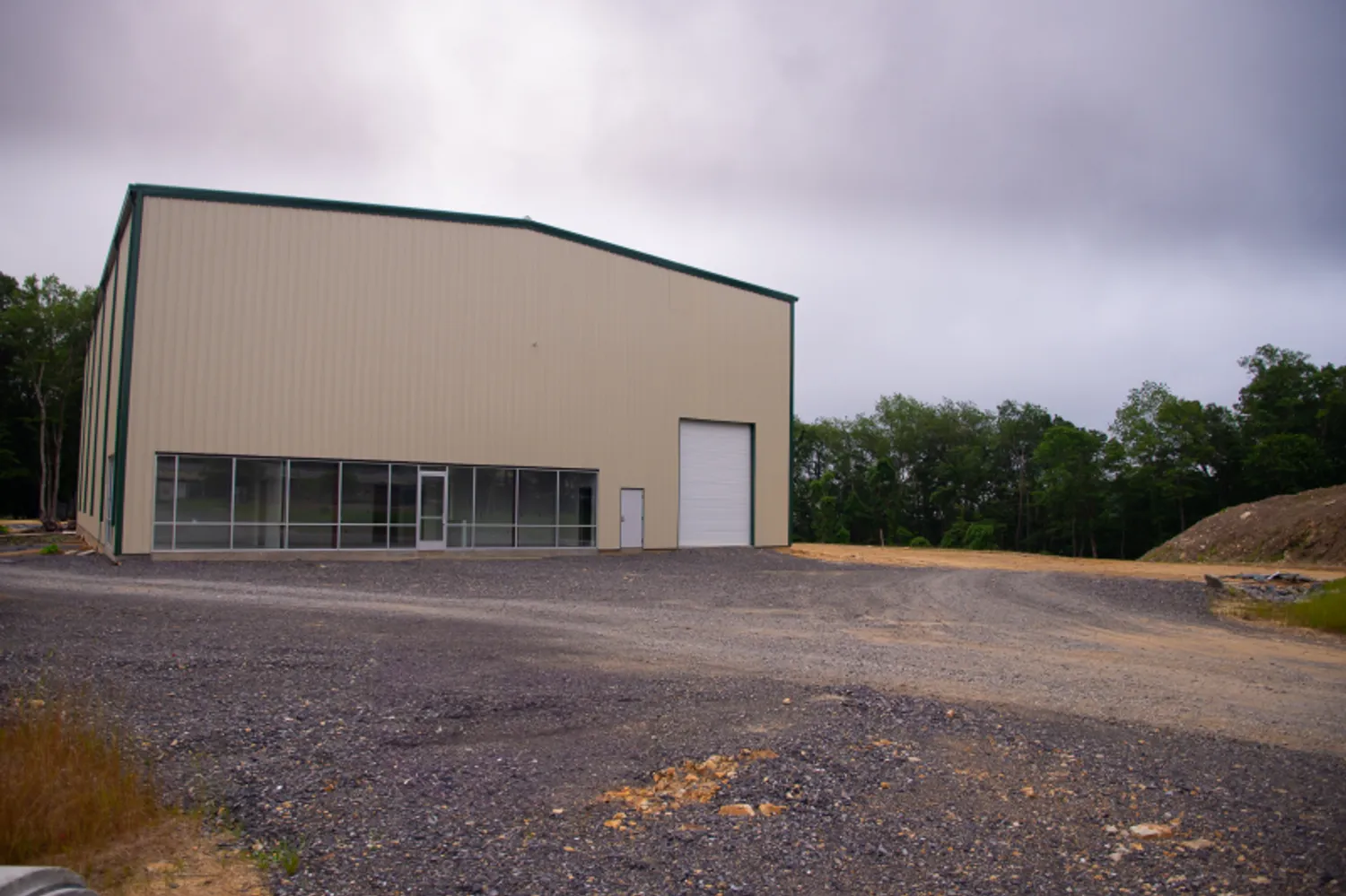
When Clym Environmental Services announced its plans to bring a new kind of medical waste facility to Frostburg, Maryland, the promise was forward-thinking: a zero-emission, solar-powered system that could eliminate the need for incineration or autoclaving while keeping plastics out of landfills. Now, about a year and a half later, the project is entering its final phase thanks to a strong network of state and local partners.
According to Clym President and Managing Member Charles Watts, the company spent the past 18 to 24 months pressure-testing its model with industry partners and technical benchmarks, and the results have been promising.
“We have been quietly approaching the pharmaceutical industry, and we've been testing the concept to see if sustainable regulated medical waste management is something that is indeed of interest to the pharmaceutical industry,” said Watts. “We've been able to prove that it's achievable and readily achievable.”
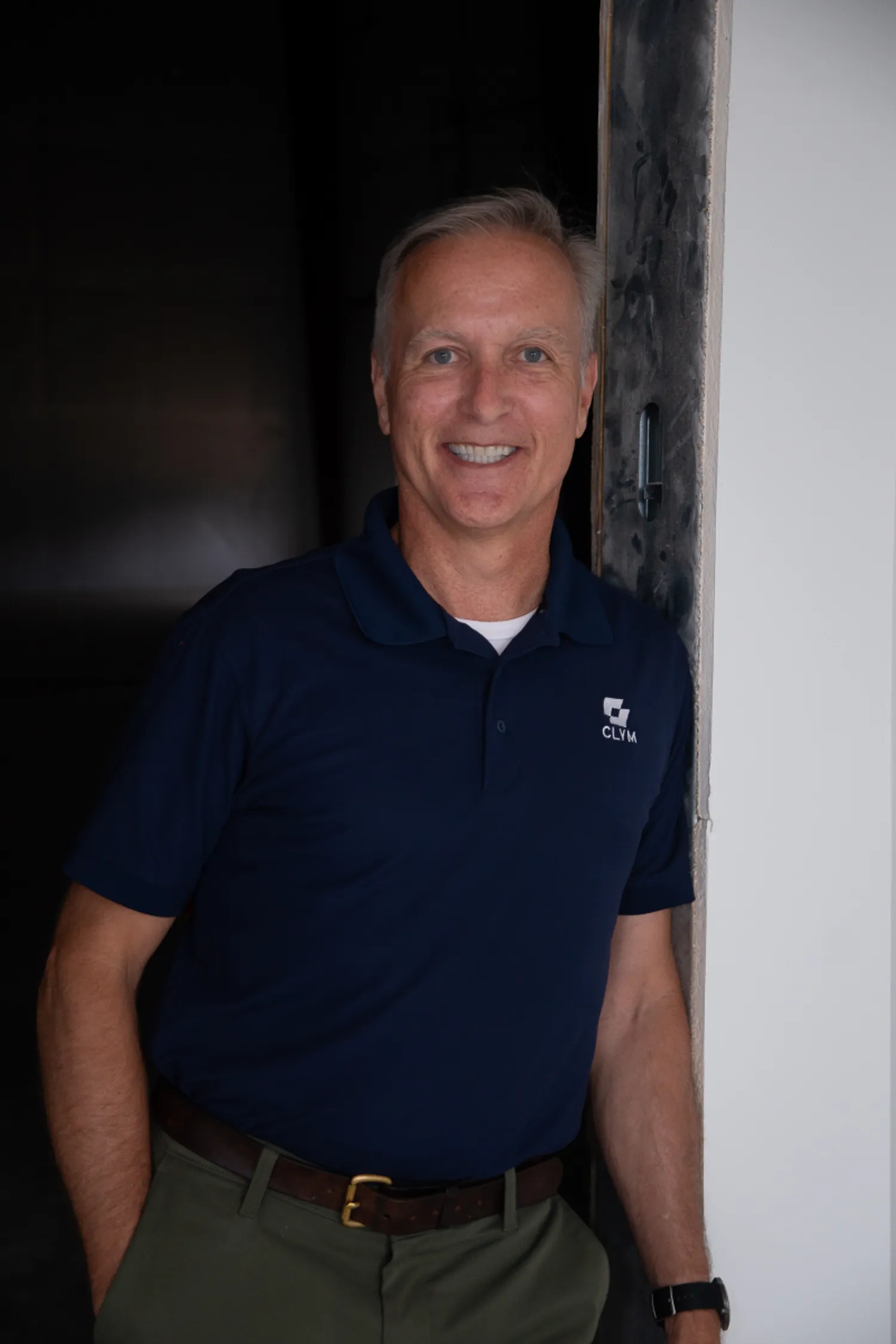
From the start, Allegany County Economic and Community Development worked with Clym to align the project with Western Maryland’s sustainability and workforce goals. County leadership recognized early on that the company’s model could support long-term economic diversification in addition to its positive environmental impact—a win-win for the entire community.
That early alignment helped attract additional support. Clym received support from the Tri-County Council for Western Maryland and the State of Maryland, including a grant from the Senator George C. Edwards Fund and matching contributions from Allegany County.
“We saw early on that Clym’s project had the potential to drive innovation, job creation, and long-term growth across Allegany County,” said Adam Strott, Allegany County’s Economic Development Specialist. “We hope that this investment helps the company scale its technology, attract new partners, and show that rural regions can lead in developing solutions to global environmental challenges.”
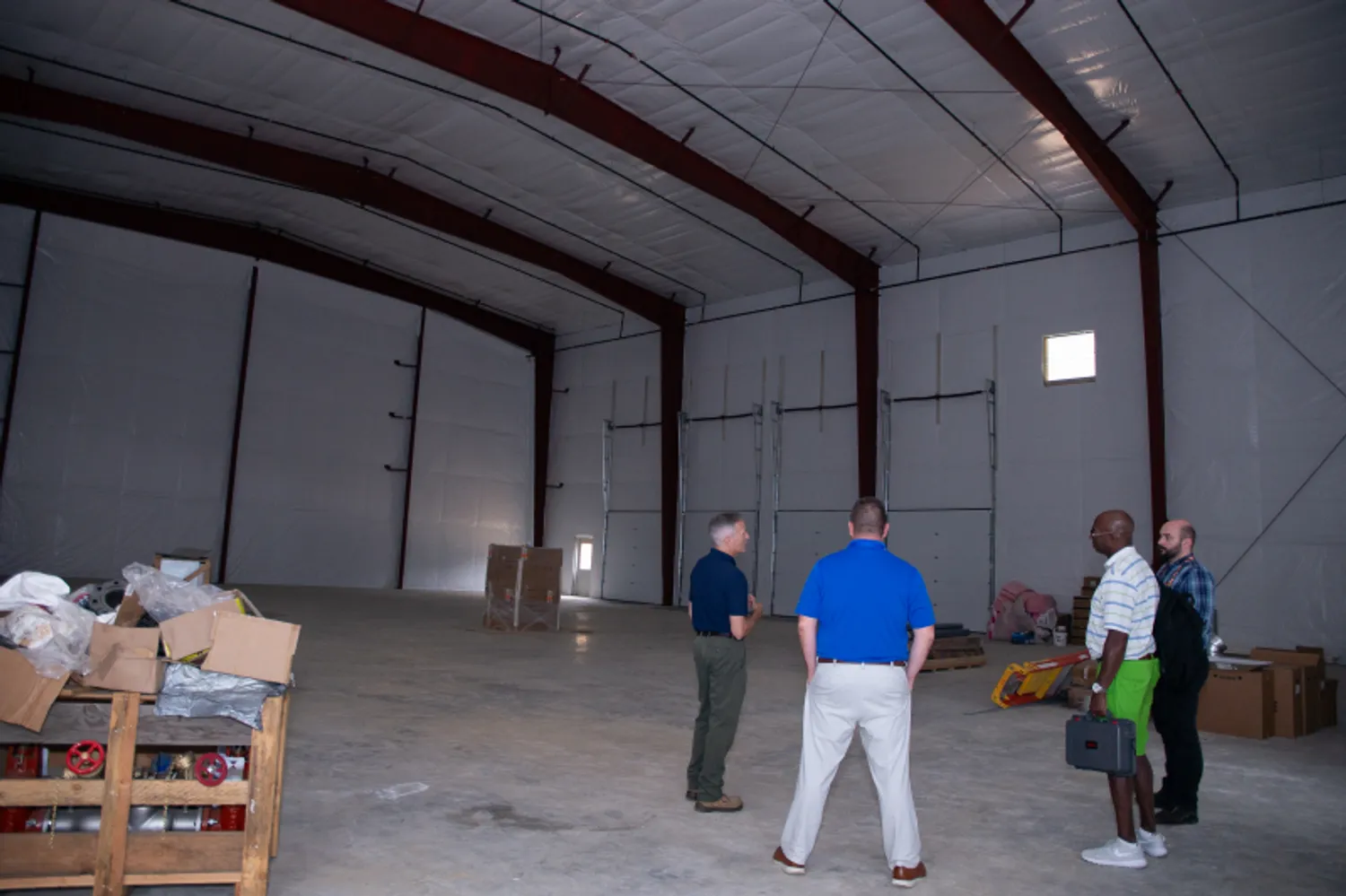
That momentum was reinforced by a recent award from TEDCO’s Equitech Growth Fund, which supports scalable tech-based solutions designed to address regional disparities. As a State-backed organization supporting early-stage technology and life science ventures, TEDCO has become a key partner in Clym’s growth.
“Through the inaugural 14 Equitech Growth Fund awardees, Maryland’s ecosystem is projected to be supported through the training of more than 3,200 students studying information technology (IT), placement of 2,500 of these students into jobs annually, and the creation of more than 160 science, technology, engineering and math (STEM) jobs in Maryland during the first year alone,” said Troy LeMaile-Stovall, TEDCO CEO. “We are excited to see this potential come to fruition through the work of all 14 awardees – including Clym.”
“We are excited to see this potential come to fruition through the work of all 14 awardees – including Clym.” - Troy LeMaile-Stovall, TEDCO CEO
With construction nearly complete, Clym is now entering its final development phase: securing occupancy approval, assembling its prototype ozone treatment system on-site, and beginning full-scale testing. Once approved, the company will transport the system, which is currently housed at its Frederick, Maryland, facility, to Frostburg for final configuration.
This next stage marks a shift from vision to implementation, but it hasn’t come without its challenges. According to Watts, there is a reluctance within the pharmaceutical and healthcare sectors. Even with strong proof of concept, widespread adoption will take time. The challenge, he explained, is rooted in industry norms: “There is an apprehension around change. Everybody wants to make sure they’re validating this paradigm shift.”
Even so, Clym continues to receive interest from the life sciences and pharmaceutical sectors. While the company has not yet begun hiring for the Frostburg site, Watts made it clear that workforce development will ramp up in response to client commitments.
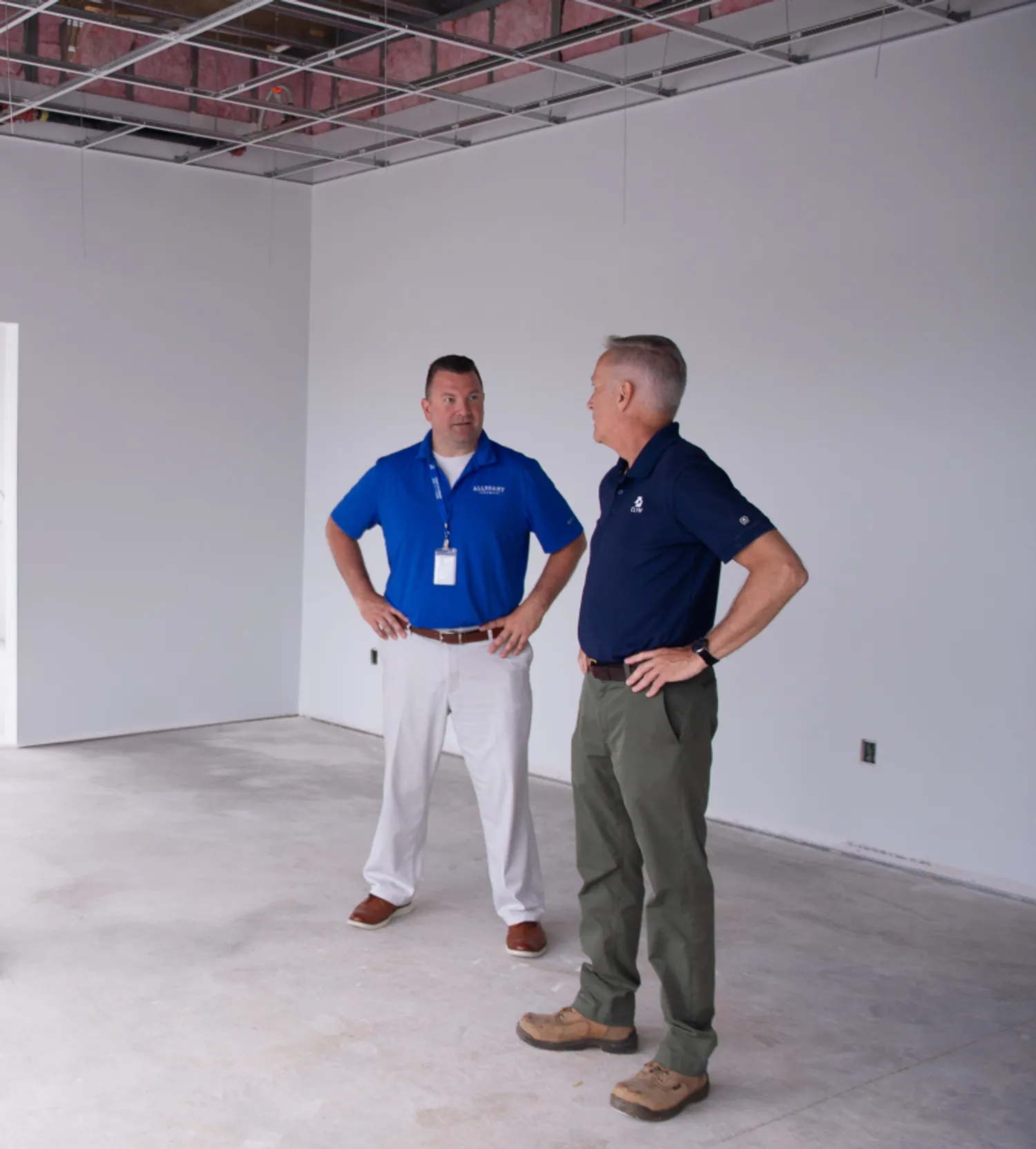
Initial operations are expected to shift waste transport from regions like Washington, DC, and the Northeast United States—markets that currently rely on Clym’s Indiana site. Future growth could include significant volume from large pharmaceutical clients along Maryland’s I-270 corridor.
Watts believes the impact of the Frostburg facility will go far beyond Allegany County. The technology not only aligns with pharmaceutical companies’ sustainability goals but also holds the potential to significantly reduce the environmental impact of medical waste while serving as an economic engine for Western Maryland through clean-tech job creation and support for thriving sectors like biotechnology.
And, Watts added, this isn't just a regional opportunity; it’s a globally relevant breakthrough that could unite industries, policymakers, and communities around shared environmental goals.
As the facility moves into final preparation, Clym is already looking ahead to validation, client onboarding, and the opportunity to replicate the Frostburg model in other markets across the country.
To stay up to date on more innovative projects and business growth in Western Maryland, follow Allegany County Economic and Community Development’s blog.
